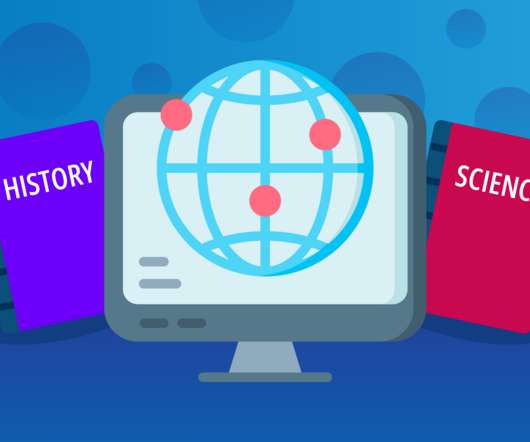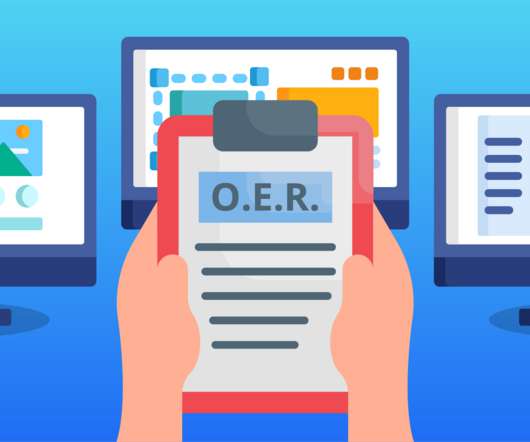An Accidental, Systematic Attack on OER Sustainability Models
Iterating Toward Openness
MARCH 4, 2024
Many institutions charge students a fee associated with their OER courses as a way of funding the institutions’ OER efforts. For example, Kansas State University’s Open/Alternative Textbook Initiative course fee is a $10 fee that is payed by students in courses that use OER and other free, traditionally copyrighted resources.









































Let's personalize your content